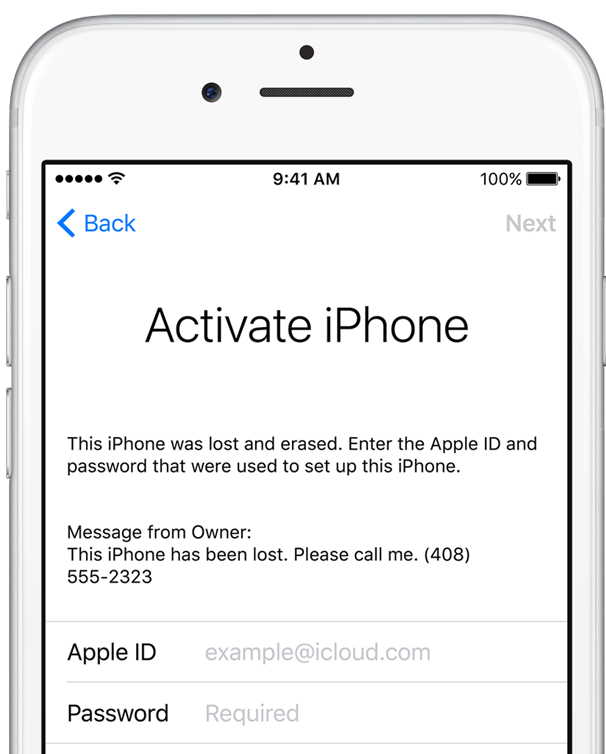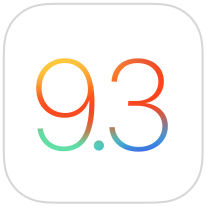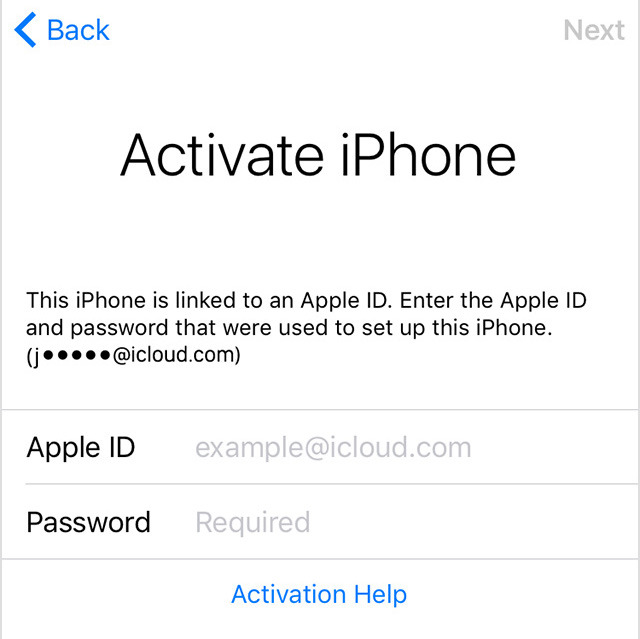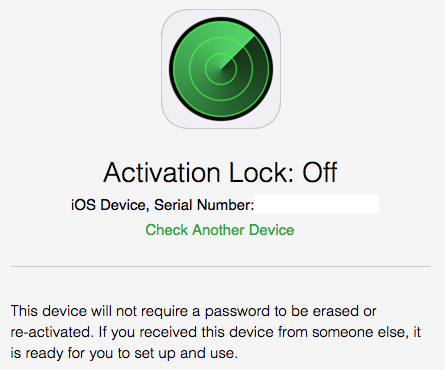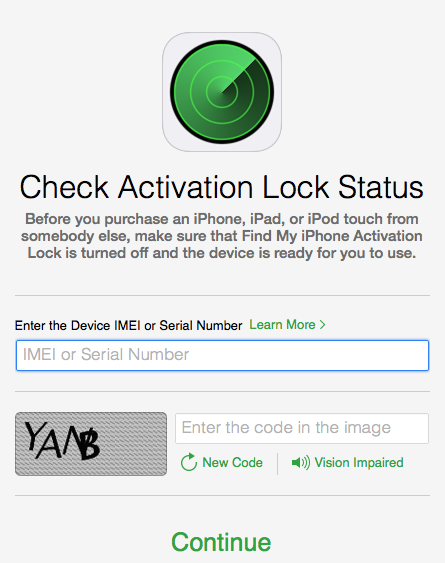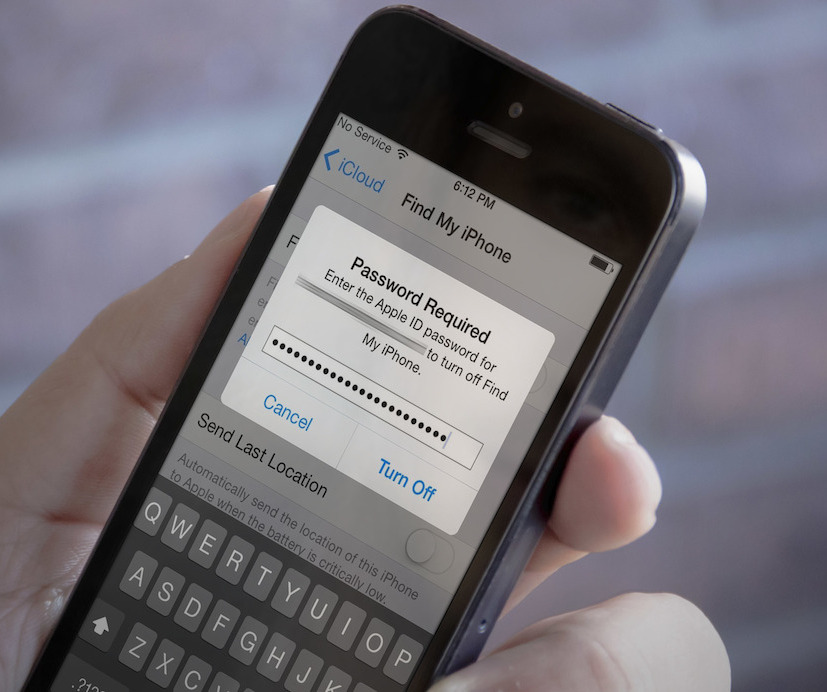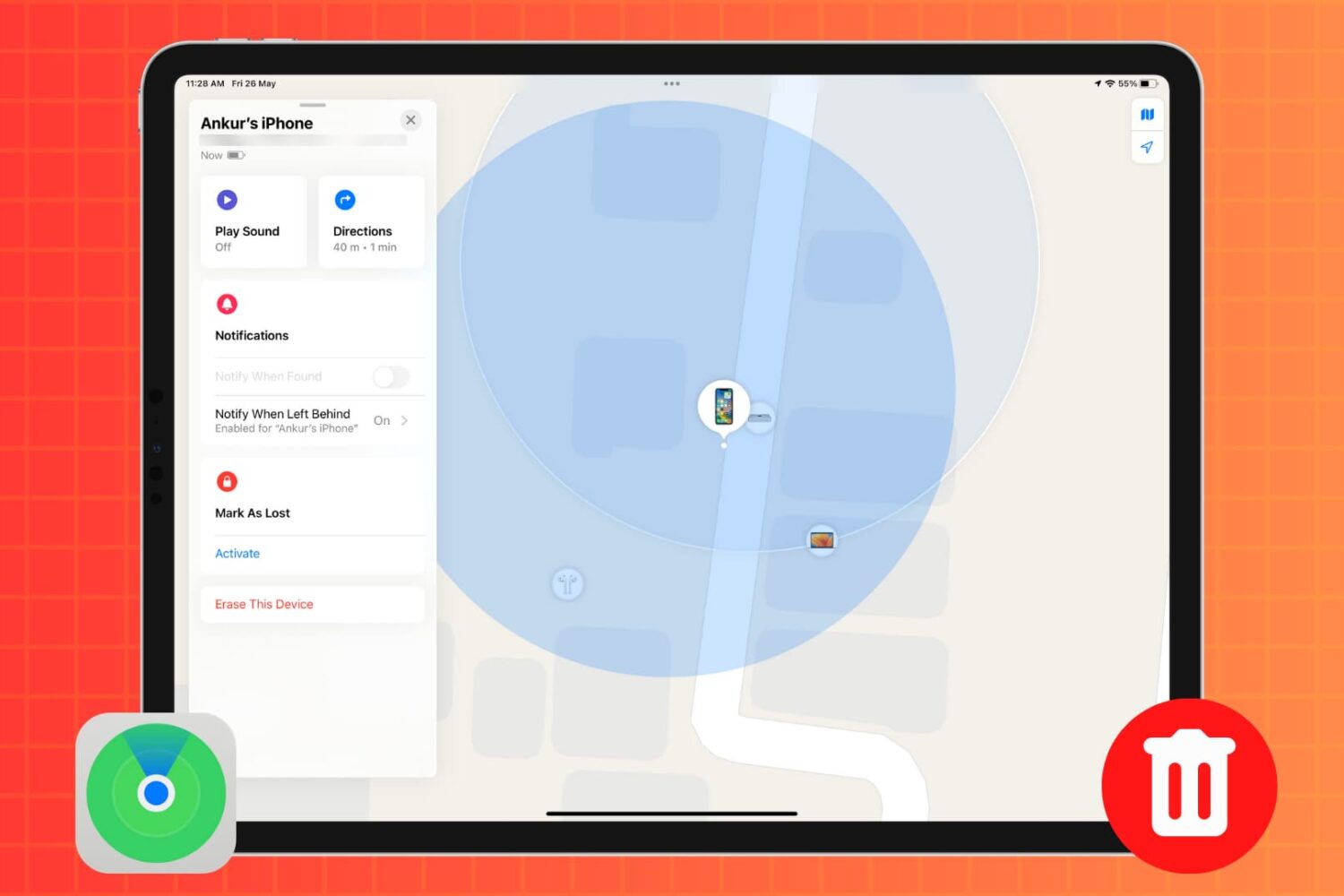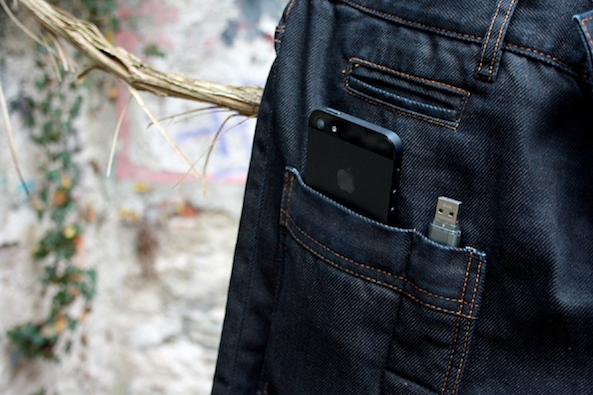Back in November, India-based security researcher Hemanth Joseph discovered a bug in iOS 10.1 which permitted him to bypass Apple's anti-theft Activation Lock feature by entering an excessively long string of characters in the Wi-Fi setup text fields.
Apple has patched the flaw in iOS 10.1.1 but now, as noted by SecurityWeek, researchers at Vulnerability Lab have managed to find another method of bypassing Activation Lock protection on an iPhone, iPad or iPod touch with iOS 10.1.1 and they posted video evidence to prove it.
